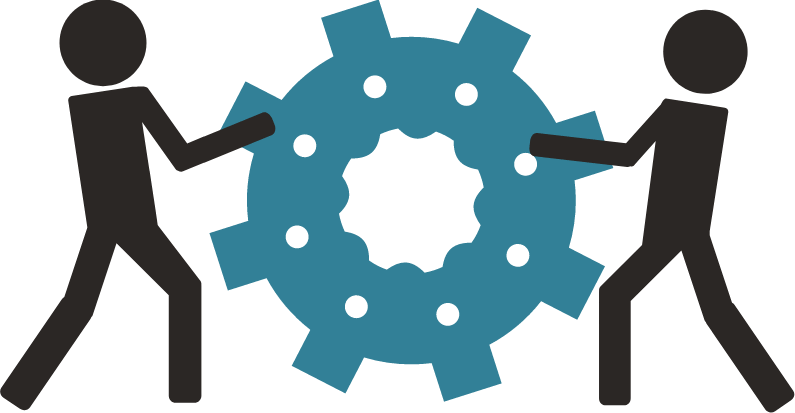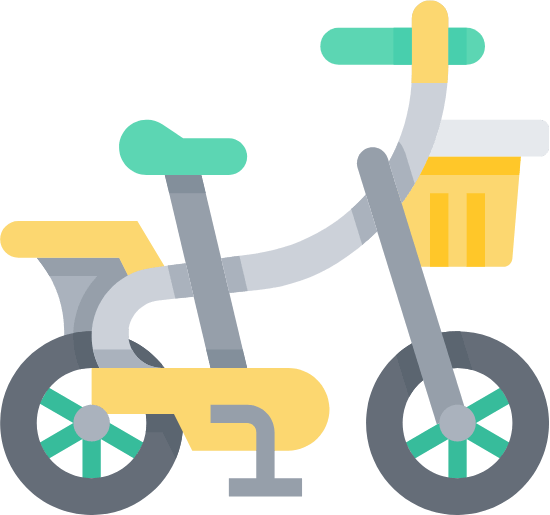In March of 2021, the CARES Act extended unemployment benefit provisions through September 6. Its purpose was to provide critical funds to help unemployed Americans pay their bills and care for their families. In many cases, this was necessary to help with the effect of the pandemic on the economy.
Fast forward to June 2021. Things changed considerably since that plan was enacted.
- Vaccines rolled out and more and more people were vaccinated.
- COVID-19 was under control in the U.S.
- Employers called non-essential workers back to work.
- Masks were no longer mandated.
- Things were actually starting to return to normal.
Yet there were still more unemployed individuals than there were jobs available to fill, and many employers were struggling to find workers. Why? Did the federal incentive result in would-be workers asking themselves, “Why go back to work when there’s unemployment?”
The smart thing to do?
On the surface, it may seem that continuing to receive unemployment in this type of situation is the smart thing to do. After all, not only can you collect regular benefits without working for them, but with additional federal supplements—some up to $600 per week at the time—it resulted in some people receiving a higher income while on unemployment than they earned going to work every day. On unemployment, they might have enjoyed being around the kids more or took it all in as an extended summer vacation. But as with many things, there is a dark side to this way of thinking.
6 Reasons to go back to work before unemployment runs out
Despite the rewards of remaining on unemployment assistance, there are some strong reasons to go back to work instead of tapping out your unemployment to the bitter end. You can probably relate to several of these 6 reasons to go back to work:
- Seniority status at work.

You’ll have a job, benefits, seniority and be in a better position when future co-workers who didn’t come back to work before their unemployment ran out are suddenly all applying for jobs at the same time. They won’t all get the job, and those that do will be lower on the totem pole.
2. Camaraderie with co-workers.

Whether it helps your future work status, improves mental health for you or your family, offers great incentives, or is part of a legal requirement, there seem to be many more reasons to return to work than to continue your unemployment. That is the smart thing to do!
3. Integrity and self-esteem.

Similar to the benefits of camaraderie with co-workers, going to work increases your integrity and self-esteem. This is well-documented in Gallup surveys. Those who work full-time have a lower depression rate (5.6%) than those who are unemployed (12.4%). But even worse, that depression rate jumps to 18% for those who have been without a job for 27 weeks or more. Going back to work can give your self-esteem and integrity a big boost!
4. Effects on the children in your life.

Whether you have kids, grandkids, nieces or nephews, families of church members, or neighbors, children are watching and modeling what you do. For better or worse, how you act affects how they understand their world. In situations where parents are unemployed, studies show that their kids on average have lower test scores, more school suspensions, and an increased likelihood of repeating a grade. Later in life, these same children have lower high school graduation rates, college attendance, and adult earnings. Eventually, they have more adult reliance on public aid. While there are some benefits to unemployed parents if they use that extra time to bond with their kids, overall, being unemployed can negatively impact kids’ lives.
5. Incentives.

In today’s current work environment, there are incentives everywhere to encourage you to apply for jobs. From financial bonuses after working for a certain number of days to sign-on bonuses, a week of free groceries, or gift cards, employers are fighting to gain potential employees. Come September when unemployment extensions end and labor pools expand, these incentives will likely be nonexistent. Take advantage of incentives now!
6. Legal requirements.

Each state has different requirements about how long a person can collect unemployment. Most require that you actively search for work during this time. You may also be required to report at least one work search activity for each week benefits are claimed. And if you turn down “suitable work,” you could lose your unemployment benefits now and be disqualified from receiving future benefits. Ensure you are up to date on the legal requirements for the time you are unemployed as well as what is required to return to work as well.
Whether it helps your future work status, improves mental health for you or your family, offers great incentives, or is part of a legal requirement, there seem to be many more reasons to return to work than to continue your unemployment. That is the smart thing to do!


